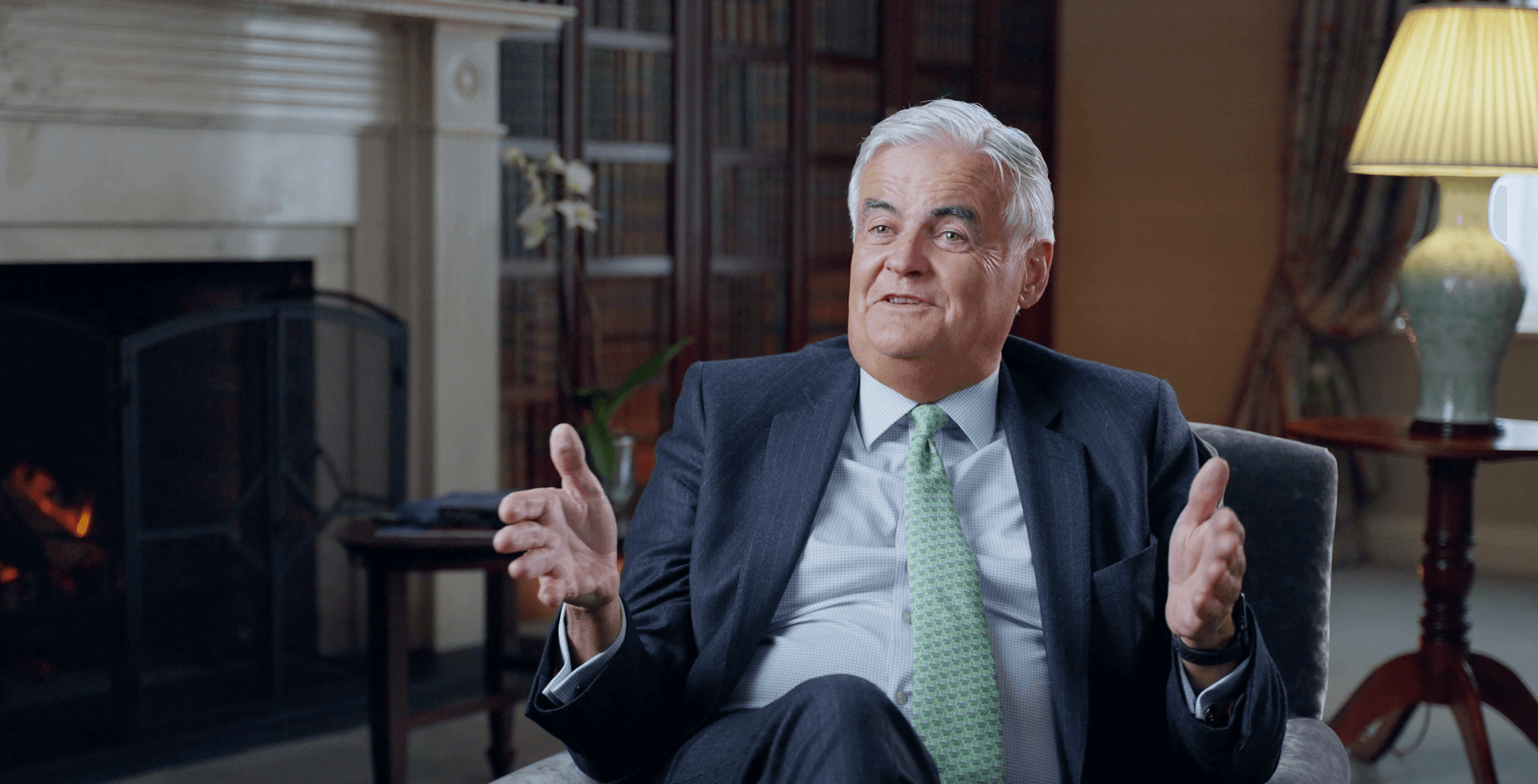We won’t sugar coat it — achieving your financial goals isn’t always easy. But if you don’t create a written plan based on your goals, you’re only making it harder on yourself. In fact, one study shows that people who regularly write down their goals earn 9 times as much over their lifetimes as people who don’t, and 80% of people say they don’t have goals. Sixteen percent say they do have goals, but don’t write them down. Less than 4% write down their goals, and fewer than one percent actually review their goals on an ongoing basis. Guess which one percent…?
Step 1: Give Your Goals A “Why”
When it comes to numbers, it can be hard to evoke an emotional response. That’s why it’s important to give your goals a “why” when you can. Placing a reason behind the numbers can be a big motivator in achieving your financial goals. Think about the difference between “I want to pay my student loans off faster” and “I want to pay off my student loans faster so my wife and I can buy a house and start our family.” Remembering why you’re passing up on those concert tickets this month can help make your sacrifices a little easier to make.
Step 2: Make Your Goals Measurable
Ambiguity won’t be your friend as you work to set financial goals. Focus on being as specific as possible instead, your goals should have a measurable and definitive finish line. This will help you track your progress and feel a sense of accomplishment once you achieve your goals. For example, if you have a goal to save money for a down payment on a new car, choose a number. While you may not know exactly what car you want or how much it’ll cost yet, put an estimate to your goal. Instead of saying “I want to save some money and buy a new car next year,” try “I will put €250 in a separate savings account for the next 12 months that will be used as a down payment for a new car.” This provides a clear, definitive goal that you can track month after month.
Step 3: Be Reasonable
You can follow every step in this guide, but if your goal simply isn’t reasonable — you likely won’t attain it. As you look to set a goal, you must evaluate your current financial standings in comparison with your desired financial picture. If you’d like to accumulate a certain amount of wealth by the end of your 40’s, you need to figure out how it can be done. If your current saving and spending habits support this goal, then you’re likely on the right track. But if you’re often spending more than you’re saving, then you may need to either adjust your goal or adjust your current spending habits.
Step 4: Set A Budget
While we mentioned it in step three, evaluating your spending habits is a tip worth repeating. If your spending habits don’t support your goals, you’re likely fighting a losing battle. Create a monthly budget that supports your future financial goals and current needs. A popular budget breakdown is 50/30/20:
- 50 percent on needs (groceries, rent/mortgage, utilities)
- 30 percent on wants (shopping, eating out)
- 20 percent on savings and debt repayment
For example, if your income after tax each month is €4,000, you’d spend €2,000 on necessities like your car payment, electric bill and rent or mortgage, €1,200 on date nights, clothes shopping and weekend trips and €800 would go toward your student loans and savings account. While everyone’s financial circumstances and current needs differ, this ratio can be a great place to start as you look to draft a budget.
Step 5: Balance Short-Term Needs And Long-Term Goals
Money is nothing more than a tool. The reason you set financial goals in the first place isn’t to simply accumulate more money, it’s to accomplish something that’s pertinent to you and your happiness. And while your future happiness is important, it’s crucial to strike a balance between your long-term goals and your needs or wants for today. You shouldn’t be passing on all trips, holidays, home renovations, car buys or celebrations now because you’re saving for retirement 30 years down the line. Yes, your retirement savings is important. But you need to remember to enjoy what you have today as well. And, of course, the same goes for the other way around. Spending all your wealth today could leave you in a tough spot later down the line.
Step 6: Higher Income Doesn’t Equal Success
Are you ever surprised when you hear of celebrities declaring bankruptcy or pro-athletes having to sell their house? It makes sense to think that a higher income level means more wealth and financial success. But whether you make €40,000 or €400,000 a year, it often doesn’t matter how much your income is. Your wealth and the success of your financial goals is dependent, rather, on what you do with it instead. If you make €400,000 a year but spend €500,000 on frivolous expenses, you’re not building wealth or finding financial success. But if you’re making €40,000 and putting a sizeable portion away in savings each year, your wealth is building over time. As you look to set financial goals, remember that it’s not always about how much you have, it’s about what you do it with it that determines your success.
If you have a financial milestone you’d like to start preparing for, it’s important to begin with a plan. Evaluate your current needs and spending habits to develop a realistic goal and plan of action based on your unique financial picture.
In Their Own Words







